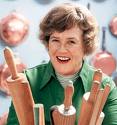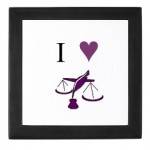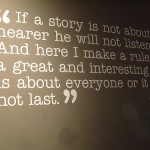Mastering the Art of Legal Writing
 Wednesday night I went to see the movie Julie & Julia, which is about a writer, Julie, who blogs about working her way through chef Julia Child’s famed cookbook, Mastering the Art of French Cooking, in one year. I loved everything about the movie, and as such, I’m starting off this blog post with a discussion of the movie. (This post was actually originally entitled “Best Brief Awards.”)
Wednesday night I went to see the movie Julie & Julia, which is about a writer, Julie, who blogs about working her way through chef Julia Child’s famed cookbook, Mastering the Art of French Cooking, in one year. I loved everything about the movie, and as such, I’m starting off this blog post with a discussion of the movie. (This post was actually originally entitled “Best Brief Awards.”)
One of my favorite scenes was when Julie pulled her first roasted whole chicken out of the oven. I roasted my first whole chicken this summer. Like Julie, who felt like a “lobster killer” when she boiled three live lobsters for Lobster Thermidor, I must admit that I felt a bit like an executioner when I ordered my organic hand-fed chicken through our CSA, Backyard Bounty. Guiltily, I asked Farmer Laura how she knows which chickens are ready for slaughter. She said she knows it’s time when the chickens start to bite her. (I guess the lesson there is “don’t bite the hand that feeds you.”) At home with my chicken, I tried to do the chicken justice by dressing it with olive oil and sprigs of thyme and rosemary from our garden. I felt Julie’s same sense of pride and excitement when I opened the oven door and a perfect golden-brown roast chicken appeared from the oven.
Watching the movie reminded me of how students develop in their legal writing classes.


